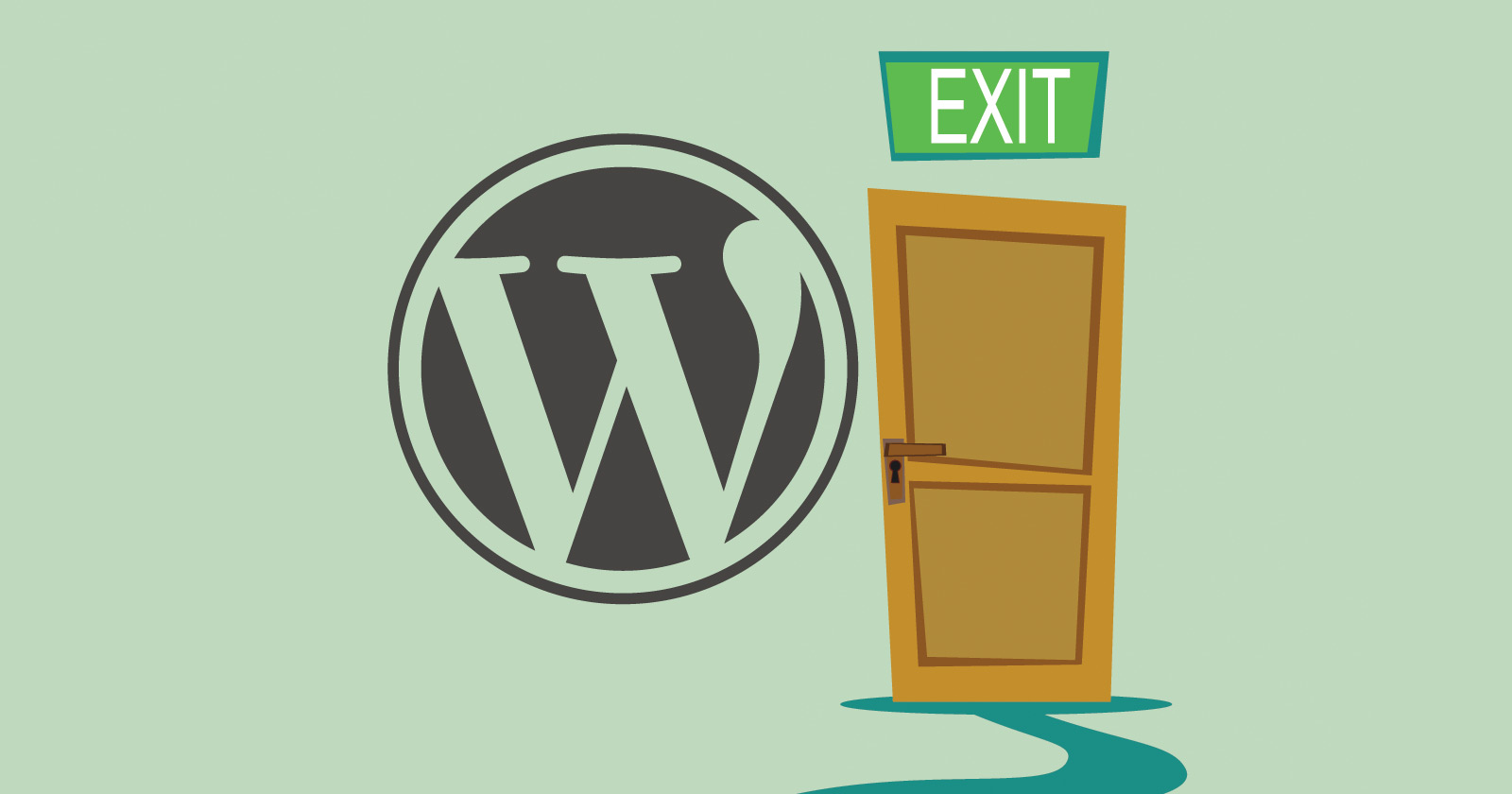WordPress is creating guides and tools to help publishers migrate to their block based editor Gutenberg and away from commercial WordPress page builders and private closed source content management systems like Wix.
While it’s understandable that WordPress might want to help publishers and businesses migrate away from Wix, some perceive it as a somewhat controversial move to create a guide to undermine software publishers who are a part of the WordPress ecosystem itself.
WordPress Page Builders
The mission for WordPress has always been to make it easy for publishers and business people to easily create beautiful websites. But that goal has eluded WordPress for years.
Software developers like Elegant Themes (makers of Divi page builder) and Elementor created point and click solutions that enabled users to build webpage templates using a visual interface that made creating webpages as simple as choosing rows with premade styles for the top, middle and bottom of the page and then customizing those page sections using a menu system for choosing colors, width and other variables.
Page builders (also called website builders) enable users to drag and drop rows in the form of boxes for where text content can go and then choose a premade formatting for that text using a global style that a user may have created without having to know any code at all. Similarly, forms and images could be inserted in a webpage and made to fit using a menu system. Third party webpage builders let users create webpage elements that can be moved around a page, resized and colored with just a few mouse clicks.
The Elementor website builder alone has over five million users. It could be said that website builders helped popularize WordPress by making websites easier to use.
WordPress Gutenberg Website Builder
Over a period of years WordPress released their Gutenberg Full Site Editor that essentially replicated the visual block-based page builder experience.
Users continued using website builders because Gutenberg initially fell short of the more polished user interfaces of commercial website builders.
But it was only a matter of time before WordPress caught up and that day is just about here as WordPress continues to iteratively make Gutenberg increasingly easy to use, making Gutenberg a challenge to third party website builders.
That’s created an impression with some developers and publishers that commercial page builders like Divi and Elementor will eventually lose their relevance in the WordPress ecosystem once Gutenberg reaches parity with them.
WordPress appears to be hastening the end of page builders by creating a new Data Liberation guides and tools for helping users migrate away from commercial page builders so that users can more easily transition to the Gutenberg full site editor.
WordPress Data Liberation Project
WordPress is developing a series of guides and tools to help users migrate to the now mature Gutenberg site builder. Gutenberg is not nearly as polished as third party website builders but it’s functional and relatively easy to use (compared to previous versions of Gutenberg).
WordPress describes the project:
“This project imagines a more open web where users can seamlessly switch between platforms of their choosing, eradicating the concept of being locked into a system and keeping openness at the forefront.
Moving to and within WordPress should be a one-click easy process as much as possible whether moving from social networks, moving from a page builder to core blocks, or shifting from the classic editor to the block editor.
Rather than each person or organization needing to figure out a migration pathway, the WordPress community is coming together to provide scripts, plugins, and guides for us all to use to bring folks to WordPress.”
A post by the admin of the Dynamic WordPress Facebook Group offered this opinion:
“The “data-liberation” initiative is apparently preparing guides on how to move from various page builders to core Gutenberg.
If Elementor wrote a guide on how to move from core Gutenberg to Elementor, people would likely call foul.”
Some of the members of the group did not see this as problematic and welcomed the migration guides as something useful.
The official WordPress Data Liberation page contains the following guides:
- Squarespace to WordPress
- Tumblr to WordPress
- HTML to WordPress
- RSS to WordPress
- Wix to WordPress
- Drupal to WordPress
- Blogger to WordPress
- WordPress Site to Another WordPress Site
The official GitHub page for the guides contains the following migration tools:
- Figma to Blocks
- Divi to Blocks
- Classic Editor to Blocks
The official GitHub page contains the following additional migration guides currently under development:
- avada-to-core-blocks.md
- contentful-to-wordpress.md
- divi-to-core-blocks.md
- elementor-to-core-blocks.md
- kadence-to-core-blocks.md
- wpbakery-to-core-blocks.md
Is Gutenberg The Future Of The WordPress Ecosystem?
The future of creating websites appears to increasingly resemble one in which Gutenberg becomes the default method and the new Data Liberation project seeks to make that day come sooner.
Third party website builders have already begun transitioning to a block-based future by releasing their own Gutenberg compatible website layouts and blocks. For example, GeneratePress has released a WordPress plugin called GenerateBlocks that works with the Gutenberg ecosystem.
Is it right for WordPress to make it easier for users to migrate away from commercial page builders? In some sense it’s always seemed to be inevitable that Gutenberg would challenge and eventually replace commercial solutions.
Some website builders like Breakdance continue to publish popular alternatives to Gutenberg that create beautiful and fast performing websites. While others like Divi are preparing for a Gutenberg future by creating solutions to make their products work within Gutenberg or like GenerateBlocks and WPAstra that go all-in with Gutenberg compatible blocks and templates.
One can’t always know what the future holds but can it be that Gutenberg will be the foundation of the WordPress website building ecosystem?
Featured Image by Shutterstock/alekseiveprev




